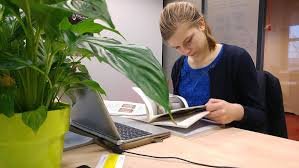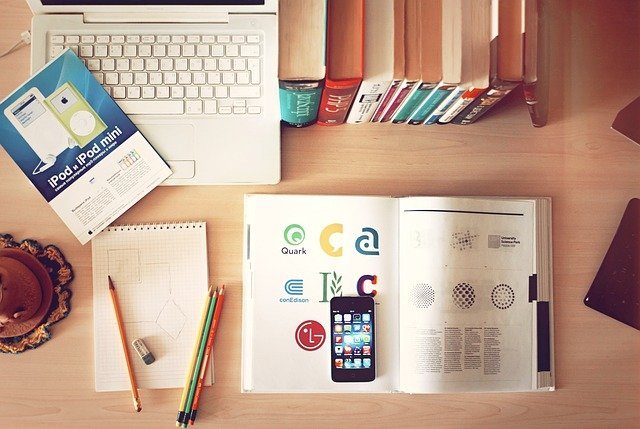Memorize Fast In Exam: 9 Quick and Easy Tips
If you are wondering how to memorize things fast in exams, there are different types of memorization techniques and methods that improve focus and memory. Memory is part of a human brain’s working. Brain stores all information and helps to find memory on its terms. Sometimes, a person forgets certain things he has to do and some things he needs; that is, he has experienced some external effect on his memory’s power.
Contents
Try to memorize fast by getting involved in your daily activities.
Most people try to remember things by involving them in their practical life. A good memory of something creates a difference from human intelligence. A person with a good memory can be smarter than others. Therefore, those with excellent memory can use it in everyday life in the usual way.
By creating abbreviations
Memorizing abbreviations is the best way to remember. Creating a specific type of abbreviation can be useful if someone cannot remember everything. By creating a few abbreviations, you can remember them later. Most students use these methods when it comes to studying for exams. These types of techniques can come in handy when writing a difficult article. Therefore, it is better and more manageable if a person creates certain abbreviations for Memorizing fast.
Remember it by relating it to something common
If a person needs to remember certain things, he can remember them by associating them with something common in his life. Most people try to make it easy for them by including it daily to get them used to it. Likewise, a person must improve their memory by having it in their daily lifestyle. Hence, these types of habits can enable a person to maintain a healthy memory.
Teaching other people
When you teach someone and put it in your own words, you do not only show mastery of your lesson. But also you refine your understanding of it. That’s why older siblings are generally smarter than younger siblings (but not always), a study suggested, because one of the older brother’s jobs is to pass on knowledge after receiving it. Sharing your newly acquired skills or knowledge is an efficient way to further solidify new information in your brain. The process of translating information into your own words helps your mind understand it better. There are several innovative ways you can split something up to teach others. It is beneficial for everyone.
By paying attention in class
I cannot stress this enough. Attention in the classroom help in memorize 50% of the total. You will be amazed at how much you have learned from your lessons while studying. Studying later becomes easier because you have seen the study material before by paying good attention in the class. You have processed it once if you only listen to the teacher and twice if you also take notes during class.
By drawing concept maps from memory
A slightly more advanced method is to draw concept maps based on what you know about a subject. A concept map visually connects ideas, frames the ideas, and links them with arrows to show how they relate to each other.
Make up a story
To help your brain absorb large amounts of information, another trick you can try is to divide the information and make up a story that connects every piece of information. It’s a bit like the memory palace. For example, suppose you need to memorize a complex chemical formula. In that case, you can name the molecules with human names that start with the same letter. Then come up with a short story in which the actions of the characters mirror those of the molecules. In the formula. This can be a remarkably effective method for learning more complicated and dry information and gives it a more human touch making it easy to memorize fast.
Write everything
Before you start to get everything out of memory, you need to write and rewrite the information. This will help you become more comfortable with what you are trying to remember.
By Repetition
Repetition isn’t always the best way to memorize things, but this can be great for visual learners because you can see the information in front of you. The more you practice the synapse (repetition), the stronger it will be, resulting in remembering. Listening to the recordings can also save a lot of data. This is especially useful for experimental learners.
Pay close attention to the environment
To optimize your memorization session and learn to memorize something fast, pay close attention to the environment you choose. For most people, this means choosing an area with little distraction, although some people like to learn in public places. Find out what’s most conducive to your learning so you can get started.
- Then start drinking some tea. I could link it to numerous scientific studies confirming that green tea is a natural catalyst for improving memory.
- Examine yourself for the substance you have studied.
- Try to remember the information without looking at your notes.
- Don’t do multitasking. Concentrate on one thing.
Most of these steps don’t even take that much time or effort, but they do a lot for your memory.
A fact about your “learning style” that probably slows you down
In fact, we all have multiple learning styles. The trick is to find out what your learning preferences are and then work on improving and correcting the ones you avoid.
If you prefer audio, then your goal is to complement the lecture. If you prefer to read, you’ll want to make room for verbal and physical learning styles so you can learn and remember faster. (Learn more about how to do this below.)
In short, taking action is your best bet, and making sure you have a path to consistent action is your best bet.
Subscribing to the Magnetic Memory Method blog, podcast, and YouTube channel are great ways to ensure you continue to receive the ongoing training and encouragement you need to figure things out.







